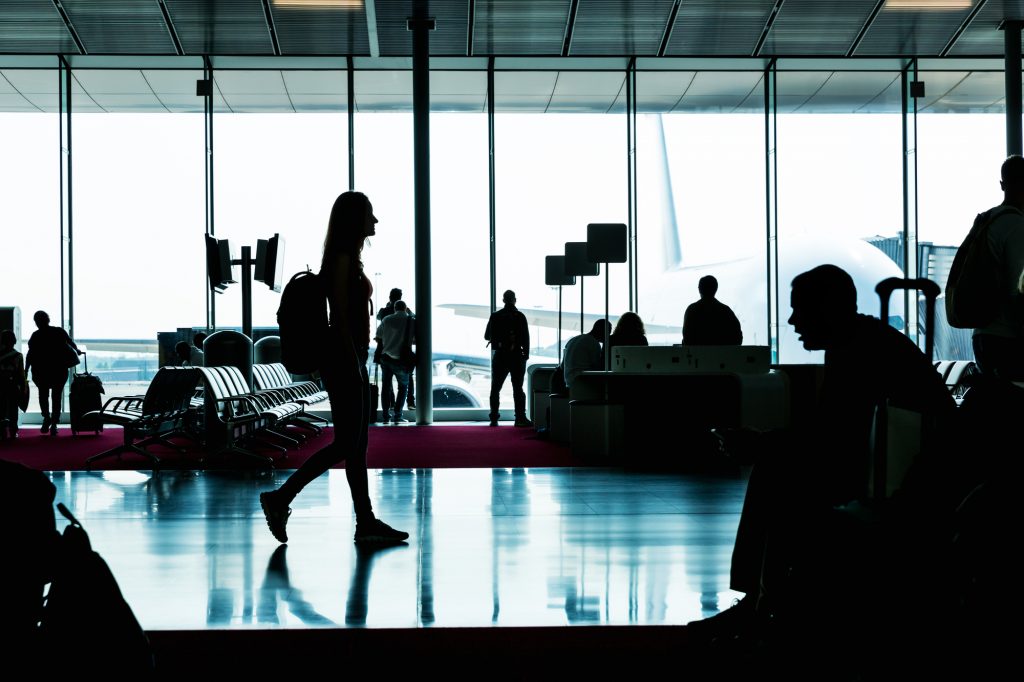As security professionals, it is our job to ensure the safety of our clients regardless of the situation at hand. Yet, the duty of care we need to provide can be complicated by many different factors, not least by a traveler’s inherent vulnerability.
Among the groups most vulnerable to security risks are female travelers (specifically lone female travelers), LGBTQ travelers and disabled travelers. Each of these groups are exposed to a higher level of risk when traveling, which means you need to have an understanding of the challenges they will face.
At Drum Cussac, we’re responsible for ensuring the safety of more than 15 million lives daily. Below you’ll find an overview of the challenges you’ll need to bear in mind and overcome when working with vulnerable travelers.
Travel Advice for Female Travellers
For female travelers, it is important to familiarise both yourself and your clients with any local laws and customs that may increase risk. Doing so will go a long way toward preventing uncomfortable social situations and illegal actions, especially in countries with very conservative social norms and practices.
Following the letter of the law is the best way for female travelers to minimize the risk of being targeted, e.g. not being covered-up enough or holding a partner’s hand in public. These may sound like insignificant acts but can lead to jail time for offenders if caught in certain countries.
If traveling alone, female travelers should be advised to practice more caution than they may expect. This is because lone female travelers can quickly become the focus of unwanted attention, which can lead to serious consequences. Encourage travelers to ignore cat-callers and to involve multiple people in a conversation when talking to men, as one on one conversations can be perceived as more flirtatious abroad.
Education plays a huge role in helping female clients to understand the risks they face in a particular destination. Post-travel feedback can also be useful in flagging-up issues faced while abroad. These experiences can then inform your risk mitigation processes on future jobs.
LGBT Travelers
LGBT clients should find the majority of western countries to be tolerant and accepting when traveling abroad. However, this doesn’t mean that you should forgo researching the area they’re traveling to.
In some countries, particularly the Middle East and Africa, homosexuality, homosexual relations and/or issues of gender are illegal and can be subject to severe penalties. Likewise, in many countries, consensual same-sex sexual activity, public gatherings or dissemination of pro-gender and sexual diversity material may be illegal.
A challenge to consider is that attitudes tend to change from the macro to the micro. While a country may have anti-homosexuality laws, for example, it doesn’t necessarily mean that every single person in-country agrees with them. In the same vein, travelers may encounter residents who oppose gender and sexual diversity lifestyle choices, despite living under more tolerant laws.
With this in mind, it is essential to stress to clients that a successful trip is one in which travelers keep a low profile and don’t attract any attention. Remind clients that all travelers are subject to the laws of the country in which they travel, regardless of how they personally feel about them – it is better to not hold hands or conduct public displays of affection if it means avoiding jail time or worse.
Travel Considerations for Disabled Travellers
The challenges facing disabled business travelers can be wide and varied as it very much depends on the travelers’ condition as to the specific challenges they’ll face. For this reason, education plays as big a role as expectation management when working with disabled clients.
Travelers may not expect the reception they face, especially in the third world. This can throw travelers, knocking their confidence and undermining their trip. Likewise, locals may hold archaic ideas about disabled people, which may put your travellers at risk, for example the ritual slaughter of albinos in South Africa poses a huge risk to some travelers more than others, just as visually challenged travelers will find it much harder to navigate around a country where locals don’t speak much English.
The challenges of ensuring the safety of disabled travelers will more than likely change by trip and by job, so it’s important to remain flexible and to research the threats in advance of travel so that the necessary mitigations can be made.
Conclusion
The challenges faced by vulnerable travellers can make your job more challenging, but this also means that it can be more rewarding too. These clients may be more susceptible to risk than other groups of travelers, but this doesn’t mean that there isn’t a common thread at the heart of the risk mitigation plans you’ll need to put in place. Education and expectation management are key.
Do your research ahead of time. Establish the potential threats. Be clear with travelers as to the increased risks they face and ensure they understand how to avoid or overcome compromising situations – especially if you are not in-country providing support. Treat the advice above as a jumping off platform from which you can refine your own best practices when working with vulnerable travelers.
For more information about working with female, LGBTQ and disabled travelers, download our new white paper.
By: Brandon Thompson
Drum Cussac is a global security consultancy responsible for ensuring the safety of more than 15 million people. We provide 24/7 global expertise via in-house professional intelligence operators and analysts, cutting edge risk management technology and a comprehensive worldwide network.


Leave a Reply